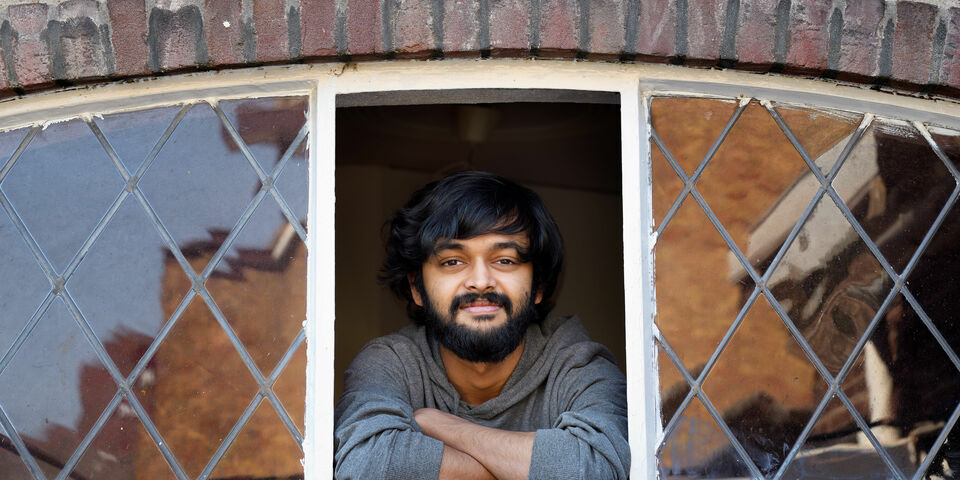On the Move
The Clash’s Should I Stay or Should I Go almost perfectly embodies the inner conflicts of a PhD student stepping over that threshold and gasping at the sight of the great outdoors. In particular, stay and go tease with the allure of staying put in a place where they have built a familiar life in the last 4 – 5 years, or going out into the academic wilderness known as the post-doc phase.
One key feature of the latter is the question of relocation. Mobility in the academic profession is seen as a perfect virtue. The basic premise is that physical migration leads to knowledge and skill exchange, which benefits the researcher in question, and the field at large. As a result, several carrots, in the form of research funding schemes are available, that prioritize relocation as a core tenet. And even where personal grants don’t apply, the mere intent to work in new, foreign terrain is a preferred trait in a young post-doctoral researcher.
Personally, the idea never felt strange since I heard it the first time. By the time I turned 18, I had already moved halfway across India for undergraduate education, and a few years later, to the Netherlands for a Master’s and later a PhD. Moving was something that came naturally to me; I would shrug at the sound of having to move.
But this new potential move is somewhat different, simply because of the underwhelming career prospects it often carries. For instance, from a 2015 survey, a significant majority of post-doc researchers (85%) in the Netherlands wished to remain in academia, while only 3% could secure a tenure track position. This is in addition to poor remuneration, intense pressures to secure grants, and an implicit culture of unpaid overtime in research spaces. One must ask if those odds are worth uprooting for.
At the same time, this seems like the only game in town when it comes to the academic trajectory. And my (supremely relative) youth and the absence of any pressing commitments (starting a family, etc.) do allow the flexibility to take that necessary risk. Basically, I can hopefully afford to be temporarily “poor” in another part of the world in the hopes of being marginally less poor in the years hence. The luxury of that choice is, however, uncommon. One must wonder if this model of recruiting, incentivizing, and managing scientific talent is sustainable over the long term, especially with the changing value-system around work-life balances that subsequent generations of academics are bringing to their fields.


Discussion